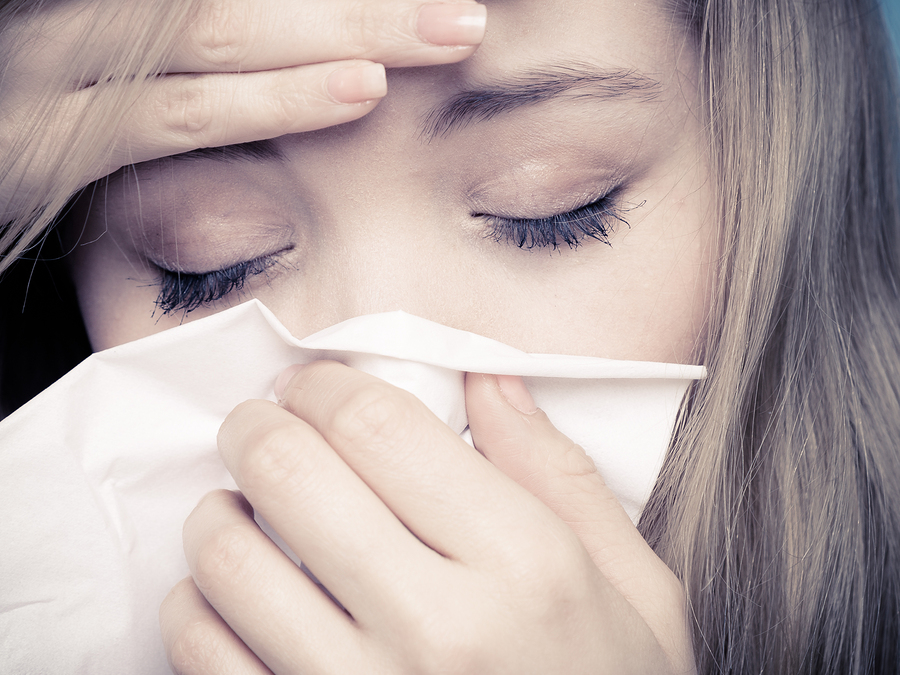
Recent updates have warned us to buckle up and get ready for another potential wave of illness/colds/flus. With changes in season, it can take its toll on our immune systems. By integrating some daily measures into our lifestyle, we can set a better stage for our immune systems as we enter into these more immune aggressive seasons. We decided it was beneficial to present an updated version of one of our older blog posts in order to help you support your immune system.
Stress Management
Being under a lot of stress can cause our immune systems to be more susceptible to bacteria and viruses. Stress can cause our bodies to be more focused on fueling ourselves with fight or flight response (i.e. responding to the stress) and less on protecting us from colds and flus, thus making us more susceptible. By managing stress before it wears our bodies down, we can keep bacteria and viruses at bay. Stress management can look like taking certain supplements as discussed with your Naturopathic Doctor, massage therapy, talking to a friend, acupuncture, regular walks, and reading a book (just to name a few). If you would like to learn more about stress management, Dr. Cook has released a new book, Stress Less and Weigh Less, which discusses many great stress management tools. You can get your copy by visiting our publications page of this website.
Vegetables and Fruits
Vegetables and fruits are full or antioxidants and nutrients that help to build and boost the immune system. By assuring the immune system has the right nutrients, it can help to keep the body strong and healthy. Ideally, having no more than 3 servings of fruit per day and having 5 or more vegetables per day is what is recommended. Specifically, when we look at the research, we can see that an anti-inflammatory diet (which is generally high in vegetables), has been shown to help combat viruses and support recovery from them. Some individuals may require higher amounts of certain nutrients to be able to effectively mount an immune response to certain bacteria and viruses, and so may require supplementation for specific nutrients. Determining which nutrients need to be supplemented for is best determined with the help of a health care professional.
Tea
Having teas, such as green tea, on a regular basis can help to boost the immune system due to their antioxidant profile and their immune boosting qualities. Specifically, green tea has been shown to bind to and prevent replication of certain viruses. Adding a bit of honey to your tea can also help to fight off any bacteria that might attempting to invade.
Soup
Many may find it hard to believe, but consuming homemade soup actually helps to halt the inflammatory cascade that happens when we are starting to get sick. In addition, homemade soup is full of electrolytes and nutrients to help combat illness.
Exercise
Exercise can help to boost the immune system by increasing the speed at which white blood cells patrol the body and look for bacteria or viruses. Exercise can also be beneficial for the immune system by increasing the respiratory rate and thus increasing the chance that a lingering bacteria or virus will be cleared from the lungs. However, it is important to potentially modify out workout routine if we do come down with a cold or flu. If you do become sick, focus on refueling with adequate protein after your workouts to support recovery of the body from your workout and from the illness.
Sleep
Getting a proper sleep can help you to better manage not only emotions and stress but also your immune system. Not getting a good night’s sleep can cause our bodies to be less able to produce T cells – an important immune system cell – and thus make us more susceptible to colds and flus.
Have you benefited from reading this blog? Know someone that would benefit as well? Share, Like, Comment, or Tweet this article, and let me know what you think.
Some of the information provided above may not be appropriate for everyone, please consult with your doctor before trying any of the above. If you are interested in Naturopathic Medicine and wanting a different approach to your health care needs, contact our clinic to book in with one of our amazing naturopathic doctors by calling/texting 226-232-7665 and book your appointment today!



